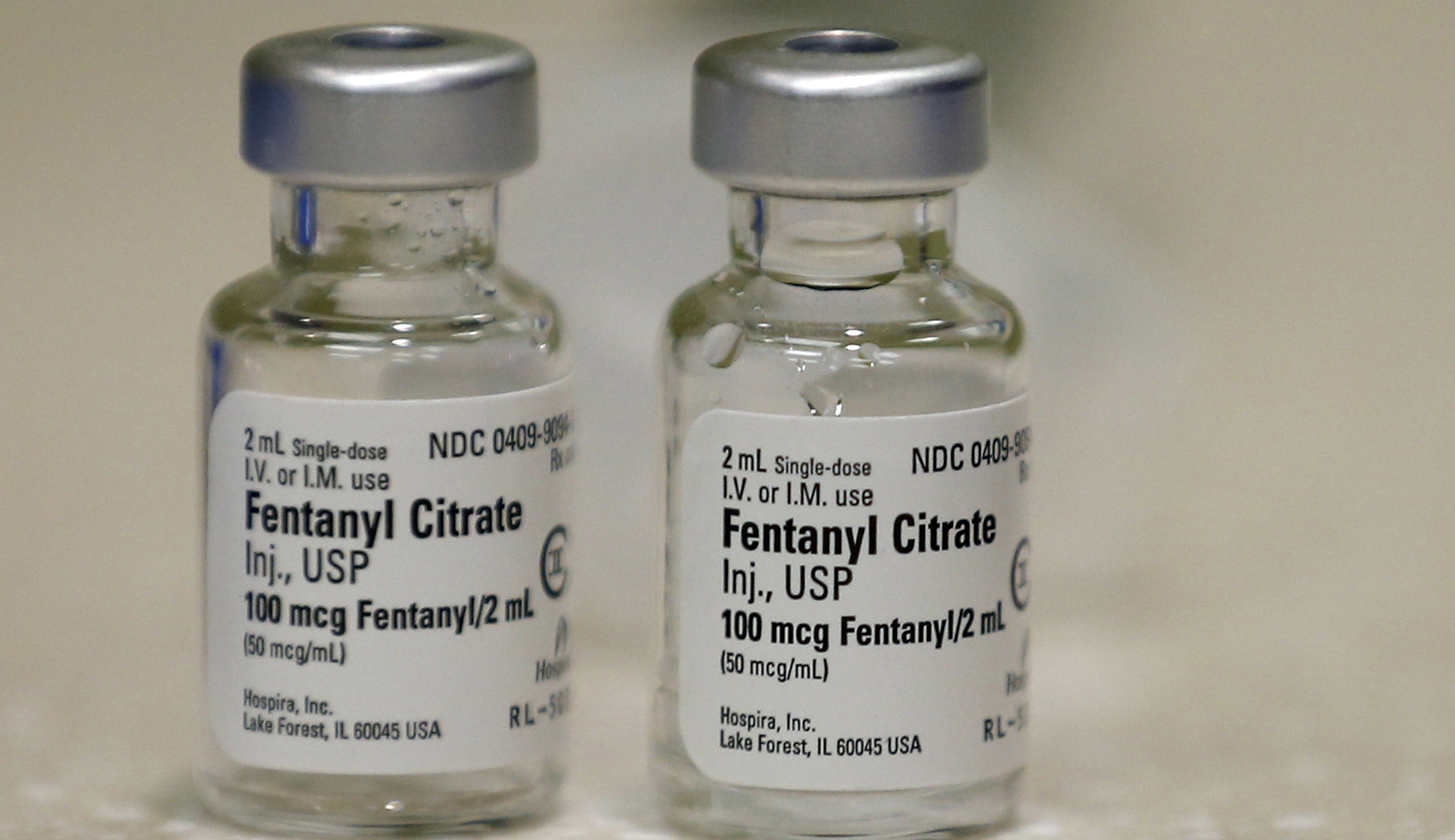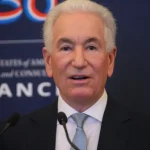

On Monday, Gov. Tina Kotek (D-OR) rolled back a 2020 measure that decriminalized drugs after the state’s opioid overdose rate tripled since it was enacted. The measure offered those found in possession of hard drugs treatment over jail time. Before 2020, there were 280 opioid-related deaths in the state, and in 2022, there were 956, according to Oregon Health Authority statistics.
Still, state lawmakers said the problems were not with legalizing the drugs, but rather the law’s implementation. Kotek’s move to recriminalize drugs follows a string of other blue states and cities across the country that are beginning to backpedal on Democratic crime and drug policies, opting for more aggressive solutions to combat a surging fentanyl crisis and an influx of violence plaguing inner cities.
Here’s a look at how some states and cities are reversing course on progressive drug measures.
California
For a long time, district attorneys in the Golden State favored more lenient punishments, turning to treatment options over jail time. As the fentanyl crisis has worsened in recent years, district attorneys in counties peppering the outskirts of big blue cities that have larger Republican bases are beginning to crack down on drug-related cases.
Riverside County District Attorney Mike Hestrin has charged 34 alleged fentanyl suppliers with murder and was the first state prosecutor to garner a guilty verdict for a murder case involving fentanyl. But he’s not the only district attorney in the state getting tough on drug crimes. District attorneys from Placer and San Joaquin counties are, too.
California does not have a law that categorizes a fentanyl-related death as murder. However, Hestrin and other state attorneys are using a strategy used commonly in drunken driver cases called the Watson murder rule, which allows drunken drivers to be charged with murder if they knowingly disregard the risks.
San Francisco
San Francisco seems to be following suit. Last October, Mayor London Breed, alongside District Attorney Brooke Jenkins, announced a special law enforcement task force that will be investigating opioid-related deaths and treating them as homicide cases. The plans are expected to be finalized sometime this spring.
Joe Gamaldi, national vice president of the Fraternal Order of Police, told Fox News last month that the city’s original soft-on-crime and progressive drug policies were causing it to struggle.
“The mayor there defunded their police department by $120 million in 2020, but now you get whiplash because she changed her position so quickly,” Gamaldi said. “Now she’s all about law and order because guess what? It works in providing safe communities.”
Voters also recently approved two measures proposed by Breed that would screen welfare recipients for drug addiction before receiving their payments and would loosen restrictions on law enforcement.
Oakland
Meanwhile, in Oakland, California, Newsom sent more state prosecutors to the city in January in the wake of skyrocketing crime and rampant drug problems.
There have also been recall efforts to remove Oakland District Attorney Pamela Price for her progressive approaches to drug-related cases and other crimes, including not trying juveniles as adults and giving out shorter prison sentences.
“An arrest isn’t enough,” Newsom said in a statement. “Justice demands that suspects are appropriately prosecuted. Whether it’s ‘bipping’ or carjacking, attempted murder or fentanyl trafficking, individuals must be held accountable for their crimes using the full and appropriate weight of the law.”
Washington, D.C.
In the nation’s capital, Mayor Muriel Bowser approved a hefty public safety bill last month dubbed the Secure D.C. Omnibus Amendment Act to crack down on the city’s 2023 crime surge that has spilled over into this year. The new measures included expanding pretrial detention and the enforcement of drug-free zones where police can arrest people for distributing or possessing drugs in certain areas of the city.
Drug-free zones have been set up in Gallery Place-Chinatown Metro Station, Woodland Terrace, and Benning Road and Minnesota Avenue in northeastern Washington, the Washington Post reported.
In 2023, Washington’s U.S. Attorney’s Office did not prosecute 67% of the people arrested by police. U.S. Attorney Matthew Graves said many of the cases declined were for drug possession, gun possession, and other misdemeanors. In 2024, Graves is prosecuting more than half of those arrested in Washington so far, and he said most of the improvement comes from prosecuting all drug-related cases last summer due to prosecutors regaining access to labs, the Washington Post reported.
Colorado
Not all states and cities are ready to scale back the left-wing drug policies. While Colorado introduced legislation in 2022 called the Fentanyl Accountability and Prevention Act, which increased penalties for those found in possession of the deadly drug, just last month Democratic lawmakers squashed Republicans’ attempts to push for tougher policies aimed at curbing the fentanyl crisis, Colorado Politics reported.
In 2020, 540 people died from fentanyl, according to the Colorado Sun. The 2022 bill passed in response funneled millions into treatment programs as well as made possessing between 1 and 4 grams of fentanyl for personal use a drug felony that could result in 180 days in jail and two years of probation. A repeat offense could result in up to a year of jail time.
In March, Republican lawmakers in the state introduced House Bill 1306, which would make any possession of fentanyl, whether the person possessing the drug is aware of it or not, a level 4 drug felony. The bill would eliminate a provision in the law that allows those arrested for fentanyl possession to argue to a judge they did not know they were in possession of the deadly opioid.
CLICK HERE TO READ MORE FROM THE WASHINGTON EXAMINER
However, Democrats struck down the proposal after criticizing making small possessions of drugs a felony, the outlet reported.
Fentanyl is the leading cause of death for those ages 18 to 45 years old. The opioid crisis has continued to ravage the United States in recent years. Fueled by pressure from voters and Republican lawmakers, Democratic leaders in blue states and cities are beginning to change their tune slowly on soft approaches to drug-related cases.





